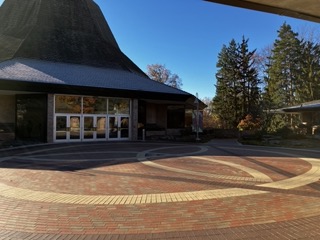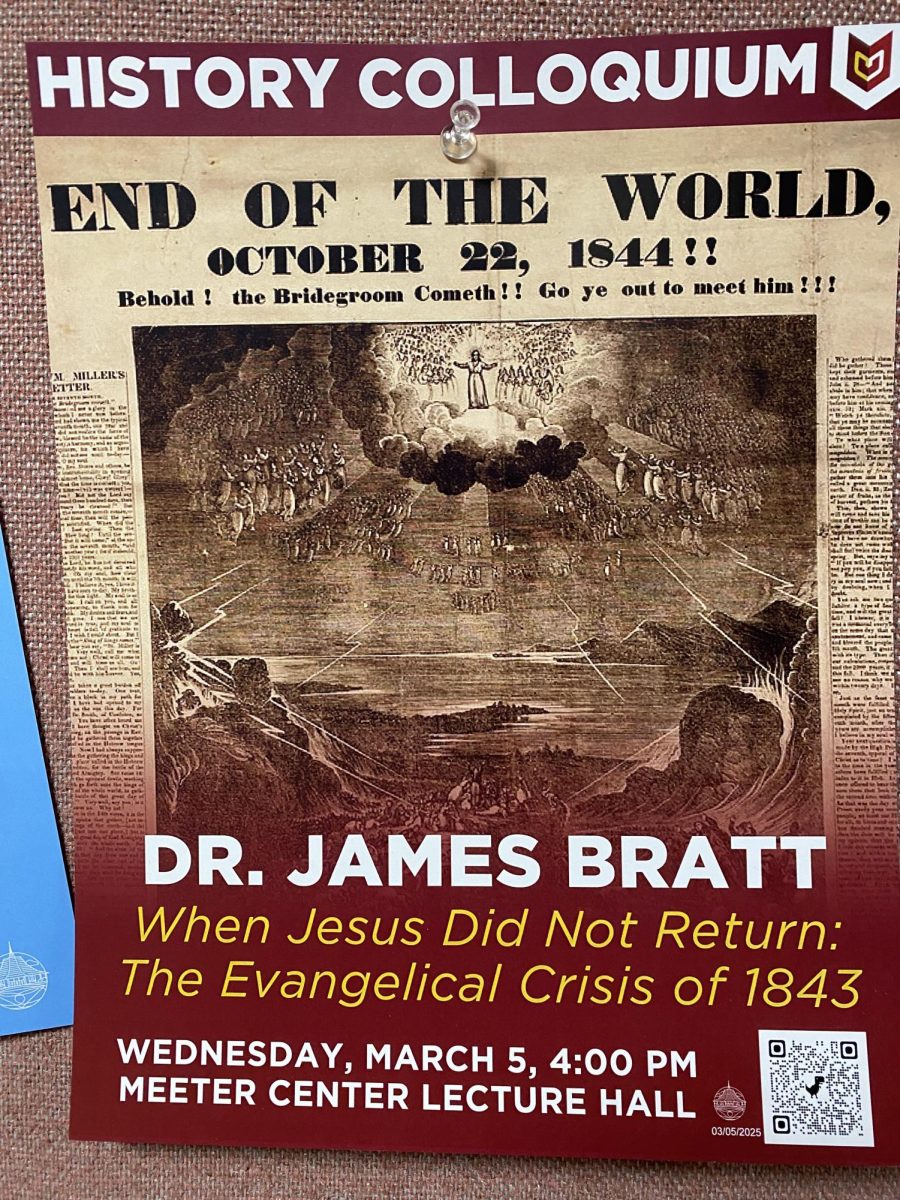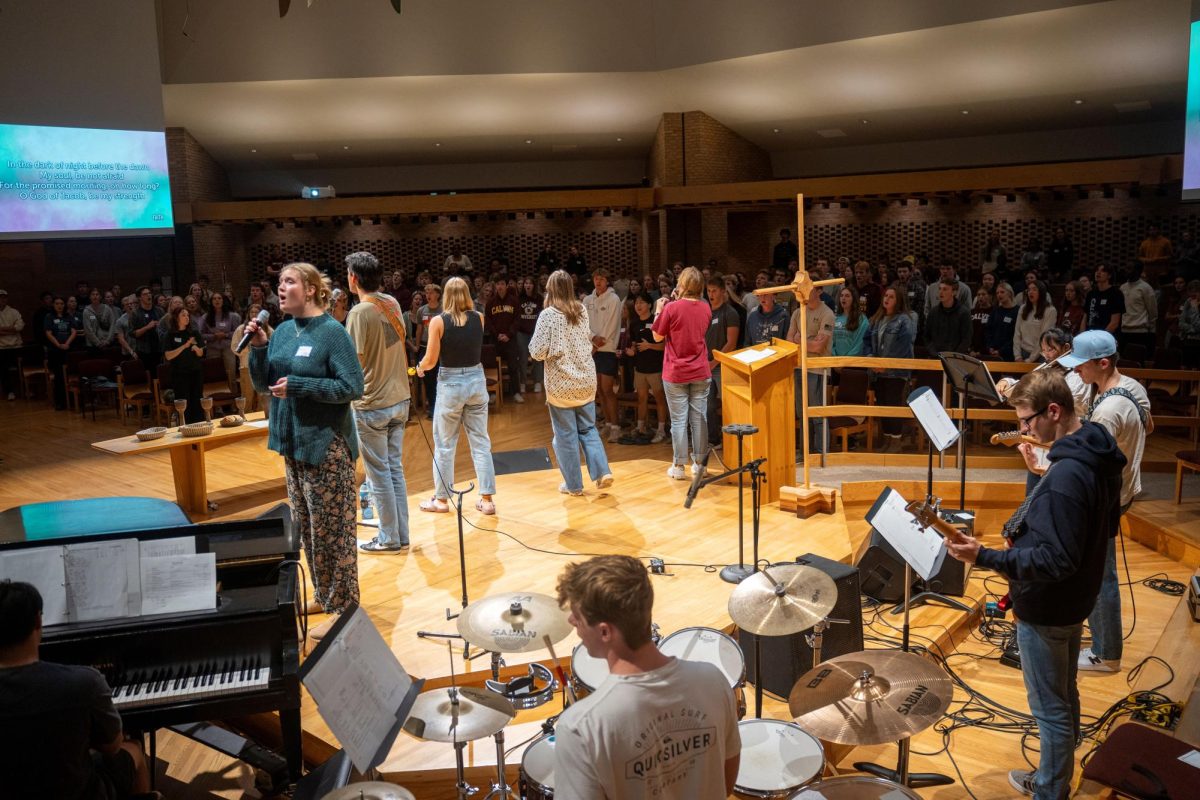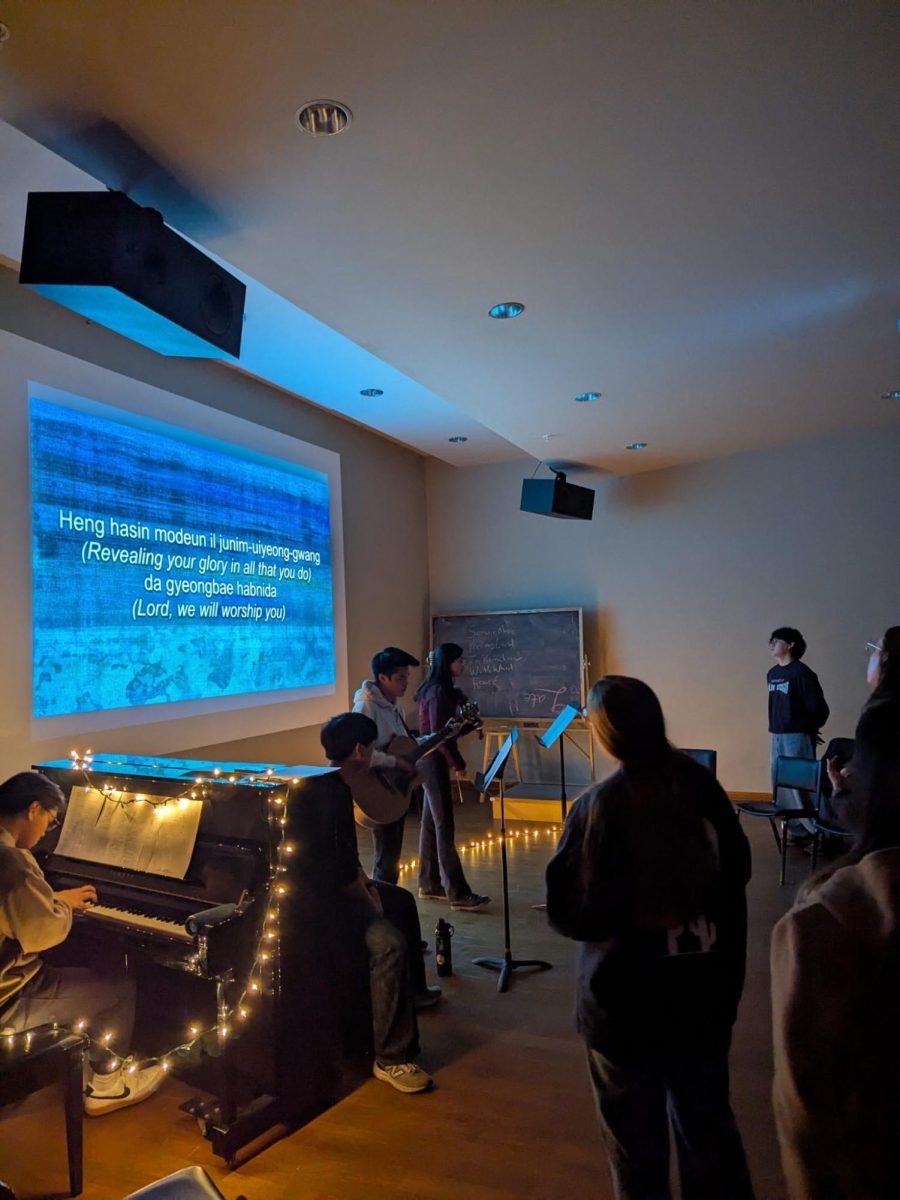Last Thursday, Oct. 31, marked 507 years since a monk named Martin Luther posted his “Disputation on the Power and Efficacy of Indulgences” — now known as the 95 Theses — to a church door in Wittenberg, Germany. Sam Ha, curator of the Meeter Center, described this moment as less of a revolutionary declaration to leave the Catholic church, but as an “invitation to debate,” and an opportunity for reform.
Reformation Day, as it came to be known, began a long process that ultimately resulted in Luther’s separation from the Catholic church and the birth of Protestantism. This movement spread throughout Europe, with Luther-influenced branches of the movement finding footholds in Northern Europe and Germany. Other branches of the movement – such as the Reformed branch, led by John Calvin – found their way into other parts of Europe, including Switzerland, the Netherlands and Scotland.
The legacy of this day has important implications for students at Calvin more than five centuries later. Calvin University is a Reformed institution, which means that we have inherited a tradition that university pastor Mary Hulst described as “always [keeping] your eye on the good news of Jesus Christ and [being] aware how the church as an institution is hopefully advancing that, promoting that, and accelerating that.” Hulst says that the Reformed movement intends to enable the Church to continually advance the good news of the Gospel.
As the denominational background of Calvin students has shifted over the last several decades, the university’s observance of Reformation Day has shifted as well. According to worship pastor Paul Ryan, the last time there was a formal recognition of Reformation Day was in 2017. Ryan said that “it was not a conscious decision” to cease the Reformation Day chapel service, but rather a result of a combination of practical factors. Hulst said similarly, adding that Calvin has broadly shifted from marking Reformation Day to marking All Saints Day, a traditionally Catholic feast day. Campus Ministries offers a service of observation of All Saints Day to honor and give thanks for those in the community who have passed away in the previous year. According to Ryan, “this has been taking place since before I started, so at least since the nineties.”
Reformation Day is an illustration of the resilience of the Church, and one that can ease worries about the current climate of the American church and the CRC. Hulst says that “it’s good to know that…growing pains around issues of sexuality or authority or shared leadership…aren’t novel and that the church has always had challenges.”
According to Hulst, a knowledge of church history puts the situation of the contemporary church into perspective. Meeter Center curator Sam Ha agrees, saying that “[even after] every bad thing that has happened, the church is still here. God is still protecting his people…and I think that is still a source of consolation.” Ha also says that the continued growth and resilience of the church, especially in the global South, gives him a sense of joy.
Reformation Day: A historic moment in the ever-reforming church

The Calvin chapel plaza
0
Tags:
More to Discover





